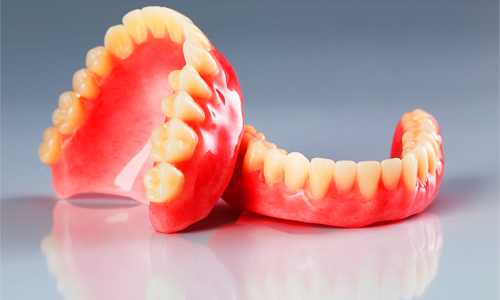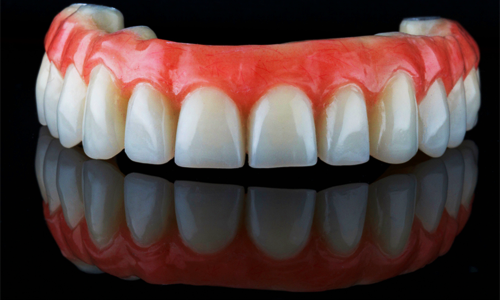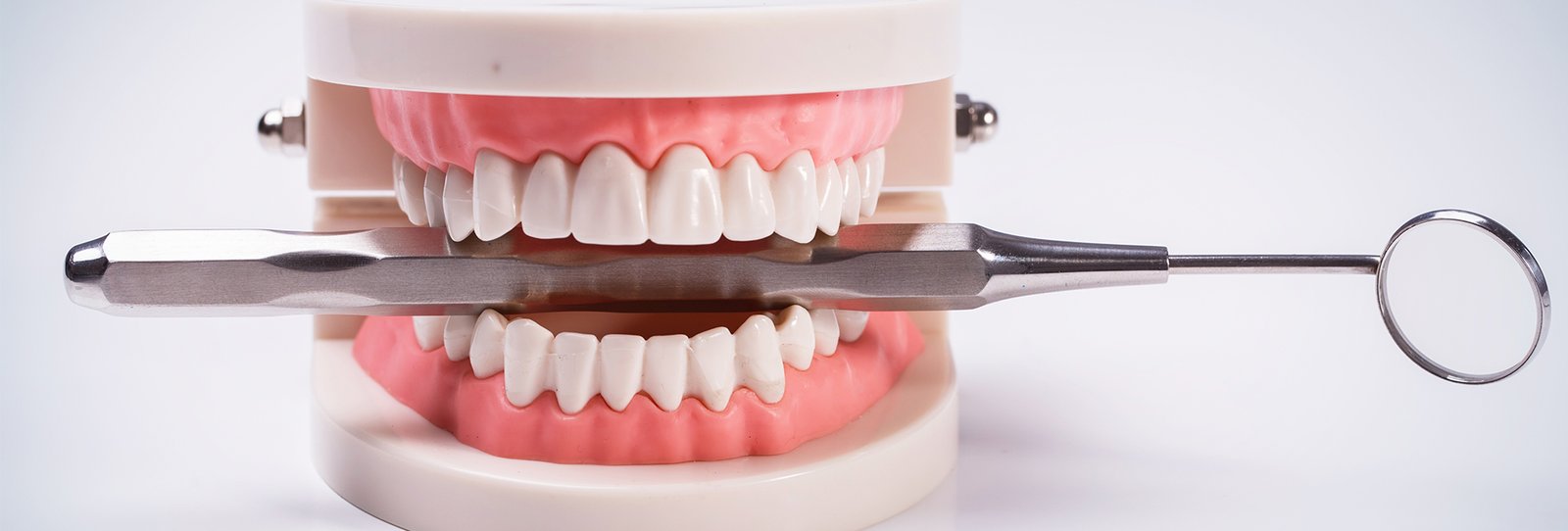What is called dentures?
Dentures are custom-made dental appliances designed to replace missing teeth and their surrounding tissues.
They serve as an essential solution for individuals who have lost teeth due to various reasons, such as decay,
gum disease, or injury. These prosthetic devices are crafted to resemble natural teeth, restoring both
functionality and aesthetics to the mouth.
Introduction to Dentures
Dentures have a long-standing history dating back centuries. In ancient times, tooth replacement was attempted
using materials like animal teeth, ivory, and wood. However, the evolution of dentistry has seen remarkable
progress in the creation and functionality of dentures.
History and Evolution of Dentures
The earliest forms of dentures were rudimentary, often uncomfortable, and less effective compared to modern
ones. With technological advancements, dentures have undergone significant improvements in terms of materials
used, design, and fitting techniques.
Components of Dentures
Dentures consist of a base made of acrylic, nylon, or metal, which holds the artificial teeth. The materials
used vary based on individual needs and preferences. They are meticulously designed to fit the patient's mouth
comfortably.

The Denture Fitting Process
The process of acquiring dentures involves several steps. It begins with an initial consultation where the
dentist examines the oral condition and discusses the various denture options. Subsequently, impressions and
measurements of the mouth are taken to create custom-fitted dentures. The fitting phase involves adjustments
to ensure a snug and comfortable fit.
Benefits and Challenges of Dentures
Dentures offer numerous advantages, including improved chewing ability, enhanced appearance, and speech.
However, wearers might face challenges such as initial discomfort, difficulty in speaking, or eating certain
foods.
Proper Care and Maintenance of Dentures
Maintaining oral hygiene with dentures is crucial. Regular cleaning, proper storage, and handling are
essential to prevent oral health issues and prolong the lifespan of dentures.
Care After a Root Canal Treatment
Post-treatment care involves following the dentist's instructions meticulously, including maintaining proper
oral hygiene, avoiding hard or sticky foods, and attending scheduled follow-up appointments to ensure the
tooth's health and stability.
While dentures are a popular choice, other alternatives like dental implants or bridges exist, each with its
own set of advantages and considerations.
Costs and Insurance Coverage
The cost of dentures varies based on factors such as materials used, complexity, and dental professional fees.
Some dental insurance plans cover a portion of the costs, but it's essential to check coverage details
beforehand.
Impact of Dentures on Quality of Life
Dentures significantly improve eating and speaking abilities, contributing to an enhanced quality of life.
Additionally, they can positively impact a person's self-esteem and confidence.






